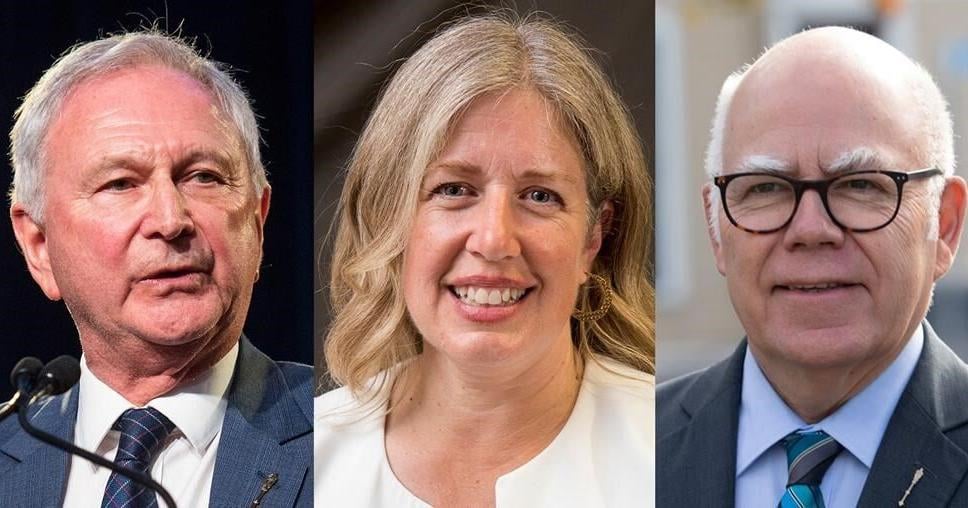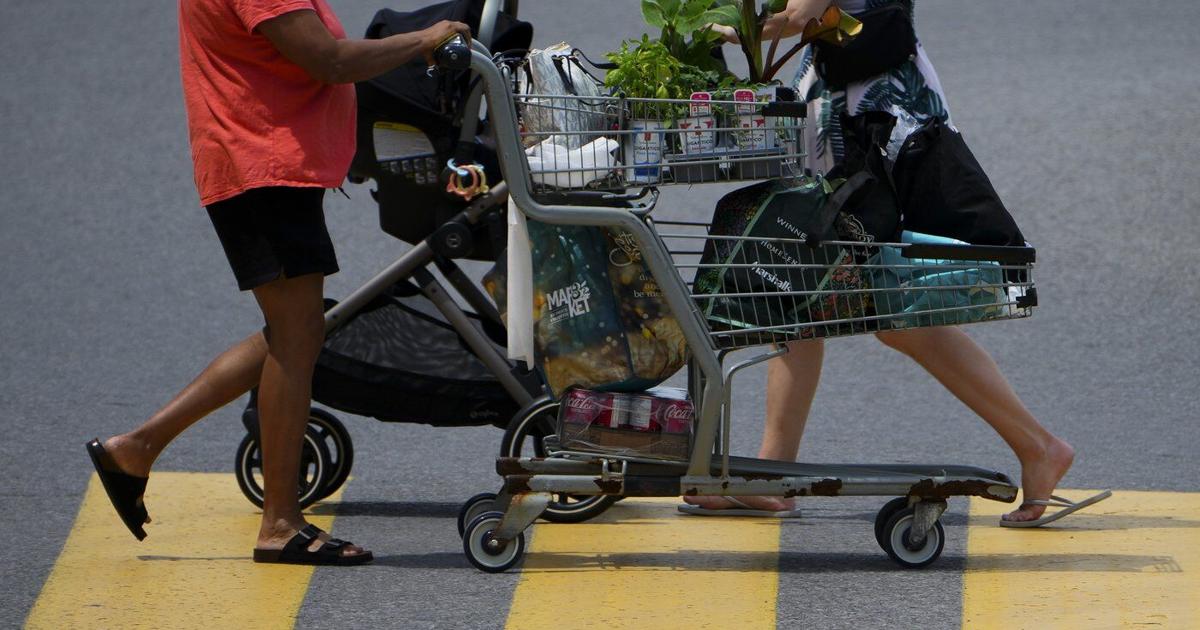FREDERICTON – The six chiefs of the Wolastoqey Nation in New Brunswick distributed a survey on Indigenous issues to political parties ahead of the provincial election, which is scheduled to kick off Thursday. Here are some of the answers from the Progressive Conservative, Liberal and Green parties.
Q: How does your party plan to demonstrate a renewed commitment to recognizing our joint treaty responsibilities and acknowledging that the lands and waters of this territory remain unceded?
Progressive Conservative: The party respectfully disagrees with the assertion that land title has been unceded. This is a legal question that has not been determined by the courts.
Liberal: When we form government, the first conversations the premier-designate will have is with First Nations leaders. We will publicly and explicitly acknowledge your treaty rights, and our joint responsibility as treaty people.
Green: The Green Party acknowledges that New Brunswick is situated on the unceded and unsurrendered territories of the Wolastoqiyik, Mi’kmaq and Peskotomuhkati peoples, covered by the Treaties of Peace and Friendship. Our party is committed to establishing true nation-to-nation relationships with First Nations, grounded in mutual respect and co-operation as the treaties intended.
Q: How does your party propose to approach the issue of provincial tax agreements with First Nations?
Progressive Conservative: The government of New Brunswick operates in a balanced and fair manner with all organizations, institutions and local governments that represent the citizens of this province, including First Nations. Therefore, we cannot offer tax agreements that do not demonstrate a benefit to all citizens.
Liberal: Recent discussions with First Nations chiefs shed light on the gaps that existed in the previous provincial tax agreements with First Nations. Our party is committed to negotiating and establishing new tax agreements with First Nations that address the local needs and priorities and ensure all parties have a fair deal.
Green: The Green Party is committed to fostering a respectful relationship with First Nations in New Brunswick and strongly opposes Premier Blaine Higgs’s decision to end tax-sharing agreements. We believe reinstating these agreements is crucial for supporting the economic development and job creation in First Nation communities.
Q: How will your party ensure more meaningful participation of Indigenous communities in provincial land use and resource management decision-making?
Progressive Conservative: The government of New Brunswick has invested significant resources in developing a robust duty to consult and engagement process. We are interested in fully involving First Nations in the development of natural resources, including natural gas development. We believe that the development of natural gas is better for the environment — because it allows for the shutdown of coal-fired power plants all over the globe — and it allows for a meaningful step along the path to reconciliation.
Liberal: Our party is focused on building strong relations with First Nations and their representatives based on mutual respect and a nation-to-nation relationship, with a shared understanding of treaty obligations and a recognition of your rights. This includes having First Nations at the table and engaged on all files, including land-use and resource management.
Green: We will develop a new Crown lands management framework with First Nations, focusing on shared management that respects the Peace and Friendship Treaties. We will enhance consultation by developing parameters for meaningful consultation with First Nations that will include a dispute resolution mechanism, so the courts become the last resort, not the default in the face of disagreements.
This report by The Canadian Press was first published Sept. 18, 2024.

























